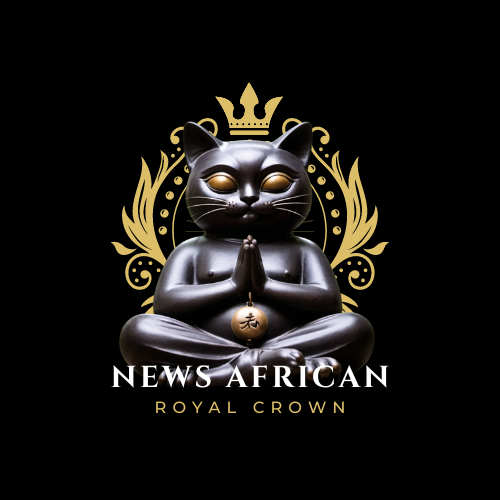Media Rights Agenda (MRA) has called for increased legal protections and enforcement of current laws in Nigeria to guarantee the safety of female journalists both physically and in the digital space.
The organisation, in a statement signed by Idowu Adewale, the Communication Manager, on Friday, highlighted the invaluable contributions of women journalists.
The statement was released ahead of this year’s International Women’s Day, which will be commemorated on 8 March.
MRA is a non-governmental organisation with a focus on freedom of expression, access to information and media development.
International Women’s Day
This year’s International Women’s Day anniversary marks the 30th anniversary of the Beijing Declaration and Platform for Action adjudged the most progressive blueprint ever for advancing women’s rights.
The anniversary is themed, “For ALL Women and Girls: Rights. Equality. Empowerment.”
This year’s theme “calls for action that can unlock equal rights, power and opportunities for all and a feminist future where no one is left behind,” the United Nations wrote on its website.
In the statement, MRA’s Programme Officer, Ayomide Eweje, acknowledged the numerous challenges faced by female journalists, including gender inequality, safety concerns, and limited leadership opportunities.
Despite these barriers, she emphasised their invaluable contributions to the media industry. She noted that through their work, female journalists continue to inform and educate the public while holding those in power accountable.
“Despite their critical role in strengthening democracy and amplifying marginalised voices, female journalists in Nigeria continue to face threats, harassment, and violence, both online and offline,” Ms Eweje said.
She noted that “a collaborative effort between media houses, civil society organisations, government agencies and the public is crucial to ensuring the safety and well-being of female journalists.”
Legal protections
Women in the media play an important role in ensuring the diversity of voices and opinions as well as fostering a more inclusive media landscape, Ms Eweje said.
She, however, noted the increasing incidents of intimidation, harassment, cyberbullying and other forms of attacks against women in the media.
This, she said the attacks highlights the urgent need for stronger legal protections, institutional safeguards and collective action to combat impunity for these actions, many of which constitute criminal offences for which no one is ever held accountable.
Safety of female journalists
Ms Eweje said that ensuring the safety of female journalists in Nigeria requires a multi-faceted approach which will address both physical and digital threats, as well as systemic barriers to their protection.
She also calls for enforcing existing laws that protect journalists and adopting gender-sensitive policies to address violence against female journalists.
She alo suggested providing cybersecurity training to help female journalists navigate online threats.
Ms Eweje urges an end to impunity for crimes against journalists through swift investigation and prosecution of perpetrators.
She also supports initiatives to increase women’s representation in media leadership.
“We must challenge systemic biases that limit the growth of female journalists and create environments where they can thrive without fear of harassment, discrimination, or violence,” she said.
READ ALSO: IWD 2025: Minister highlights four Key challenges facing Nigerian women
“Media organisations and media professional bodies must commit to gender-inclusive policies, including those that address workplace harassment; create mechanisms for swift action when female journalists are threatened; and ensure equal opportunities for women to lead and influence the profession.”
Ms Eweje stressed that a free and safe press is essential to a thriving democracy and that a free and fair media sector must reflect the voices of all, particularly women in positions of authority and influence.
She added that protecting female journalists is a crucial step toward achieving gender equality and media freedom in Nigeria.
A free and safe press, which must include the voices of women in positions of authority and influence, is essential for a thriving democracy, Ms Eweje emphasised.
“Protecting female journalists is a crucial step toward achieving gender equality and media freedom in Nigeria,” she added.
Support PREMIUM TIMES’ journalism of integrity and credibility
At Premium Times, we firmly believe in the importance of high-quality journalism. Recognizing that not everyone can afford costly news subscriptions, we are dedicated to delivering meticulously researched, fact-checked news that remains freely accessible to all.
Whether you turn to Premium Times for daily updates, in-depth investigations into pressing national issues, or entertaining trending stories, we value your readership.
It’s essential to acknowledge that news production incurs expenses, and we take pride in never placing our stories behind a prohibitive paywall.
Would you consider supporting us with a modest contribution on a monthly basis to help maintain our commitment to free, accessible news?
TEXT AD: Call Willie – +2348098788999




